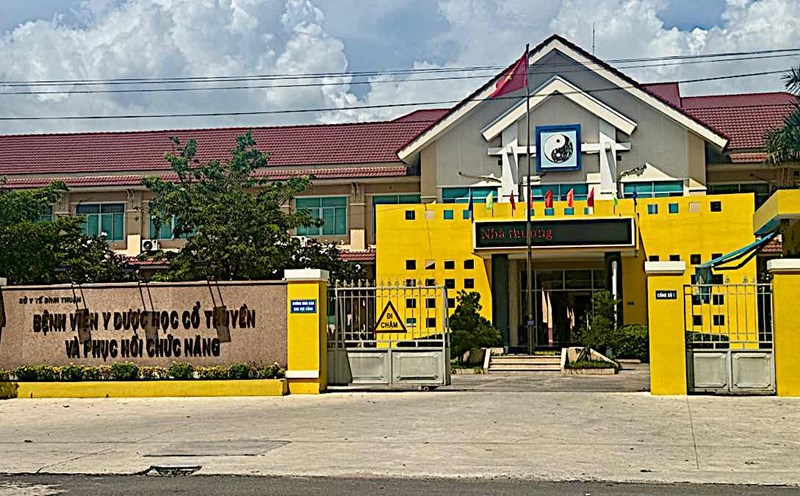Minister of Heavy Industries, Mr. Kumaraswamy emphasized that this change is not just a temporary trend but an important revolution that will reshape the Indian auto industry, promising to bring economic growth, environmental sustainability and increased energy security for the country.
Focus on localization
India's new electric vehicle policy announced recently is a breakthrough in positioning the country as the preferred manufacturing destination for high-tech electric vehicles. The policy includes provisions that encourage setting up of manufacturing plants in India, requires a minimum investment threshold of INR 4,150 crore (USD 500 million) and sets a high localization target for the industry tram.
An important highlight of this policy is the requirement that manufacturers achieve a significant level of domestic value added (DVA). The Indian government requires that at least 25% of the components used to manufacture vehicles must be of domestic origin by the third year from the establishment of the manufacturing unit and this level is expected to increase to 50% by the third year. year. This will not only reduce dependence on imports but also provide impetus for the development of a robust and self-sufficient industrial ecosystem in India.
A special feature of this policy is the regulation of 15% customs tax for electric vehicles worth 35,000 USD or more for 5 years if the manufacturer builds a production facility in India within 3 years. This will push global automakers such as Tesla, VinFast, Jaguar Land Rover and Foxconn to set up production facilities in India, while creating opportunities for domestic manufacturers to compete and develop. development.
Additionally, this policy also limits the number of electric vehicles allowed to be imported based on the investment made. If the investment exceeds 800 million USD, a maximum of 40,000 electric vehicles can be imported, no more than 8,000 vehicles per year. Unused import limits can be carried forward, which facilitates international automakers' access to the Indian market.
The focus on localization and indigenous manufacturing will not only help India reduce its dependence on imports but also create jobs and boost economic growth. The policy is in line with India's “Atmanirbhar Bharat” initiative, which aims to promote self-reliance and technological advancement. This will stimulate India's electric vehicle industry, spur innovation and create a stronger economy.
Furthermore, focusing on localization and indigenous production is a smart approach. By requiring a minimum investment of USD 500 million (INR 4,150 crore) over three years and achieving 25% localization by the third year and 50% by the fifth year, the Government is promoting the development of a strong and self-sufficient industrial ecosystem. This will help position India as a regional hub for electric vehicle exports, serving the growing demand in South Asia and Southeast Asia.
Create new opportunities
This new electric vehicle policy also creates opportunities for both global and local players by protecting the premium segment vehicle segment and promoting healthy competition. For example, policy incentives for electric vehicle manufacturers could lead to a reduction in electric vehicle prices, making them more affordable for the average Indian consumer.
Seamless integration of electric vehicles into the wider transport ecosystem will be crucial and the government's unwavering commitment to working closely with industry stakeholders to overcome these barriers is one reassuring sign of their dedication to the policy's success. Furthermore, the policy's emphasis on fostering a strong supplier ecosystem and promoting technological innovation offers significant opportunities for Indian entrepreneurs and SMEs. (SME). By nurturing a thriving electric vehicle ecosystem, the policy can create high-skilled jobs and promote economic diversification, further strengthening India's position as a manufacturing hub. global export.
Reflecting on the transformation journey ahead, by leveraging the potential of electric vehicles, India will address pressing environmental concerns and become a leader in the global auto industry, strengthening strengthen its position as a manufacturing powerhouse and hub for sustainable mobility solutions. India's new electric vehicle policy is a bold and visionary step, setting the stage for a future where clean, efficient and technologically advanced transportation becomes the norm. With a focus on foreign investment, localization and export potential, the policy promises to take the country's auto industry into a new era of sustainable growth and innovation.











